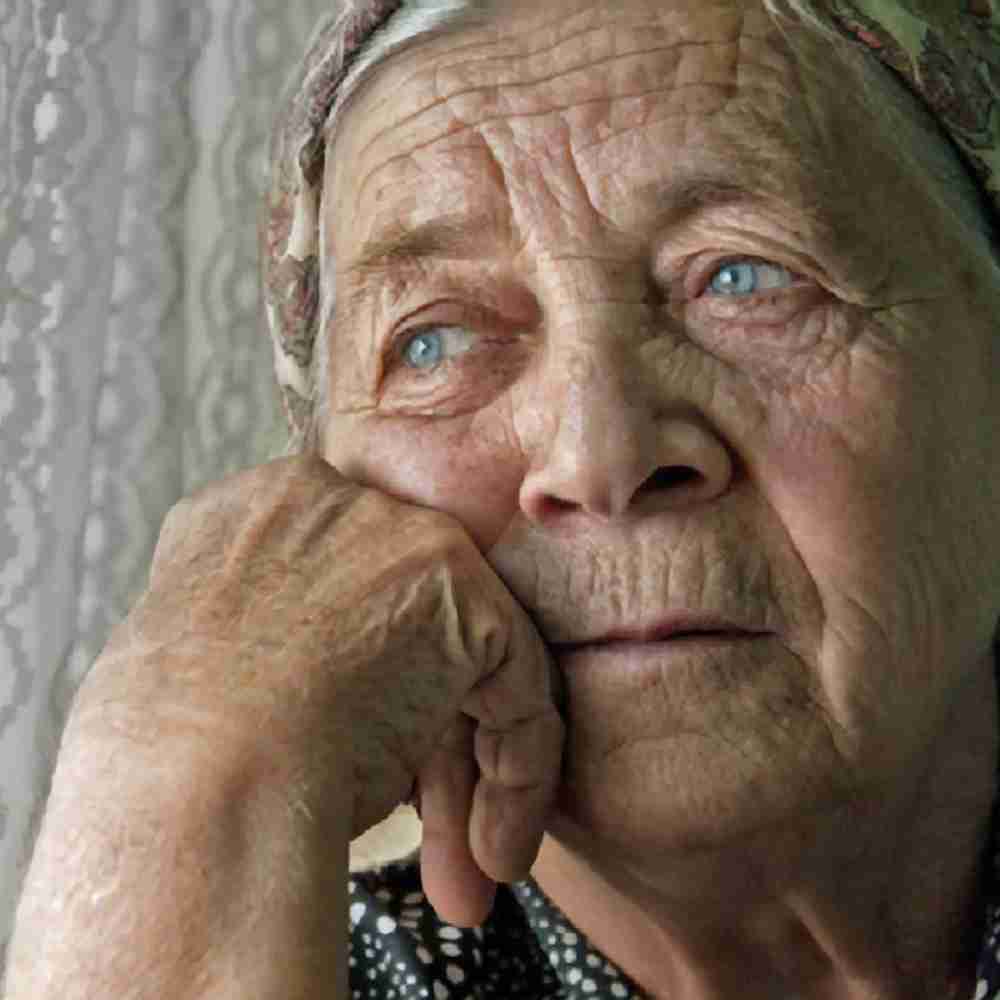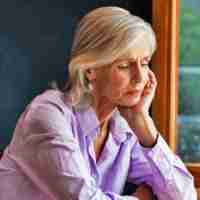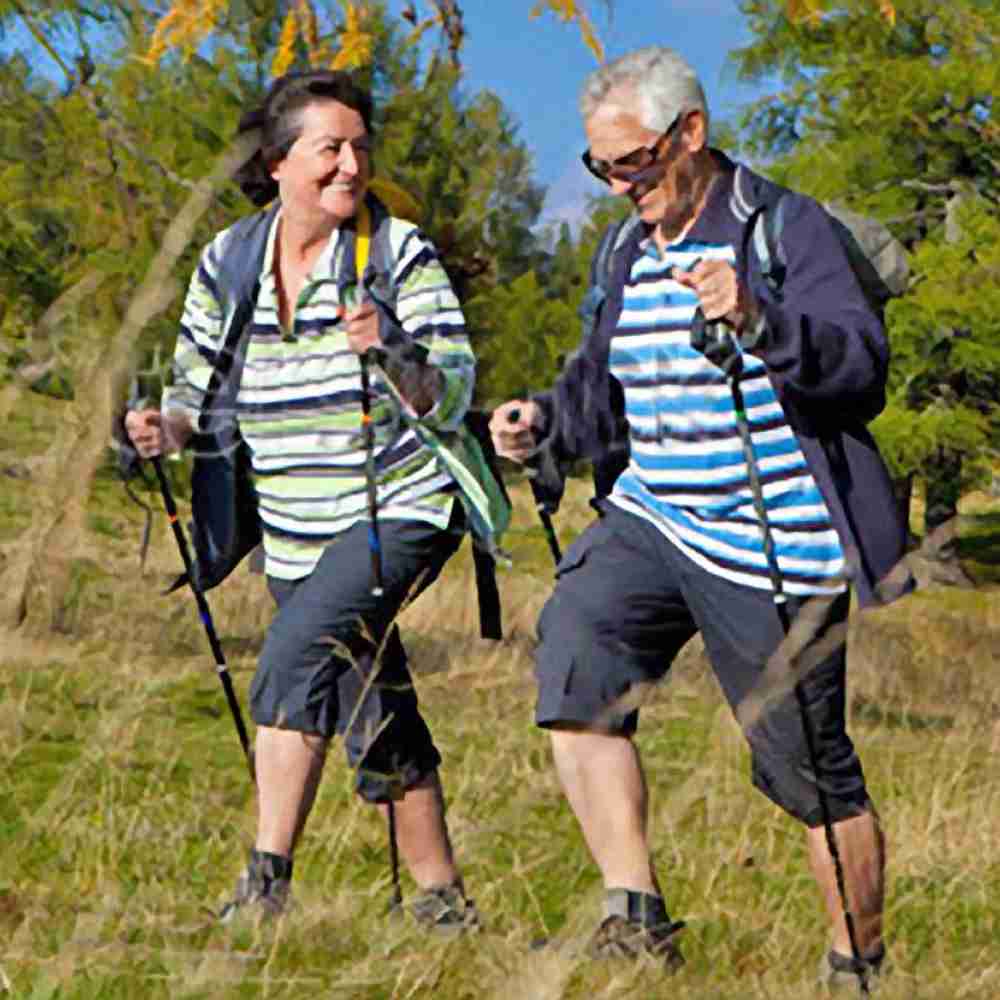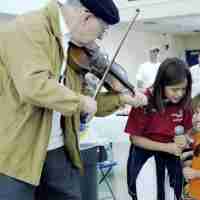Loneliness and isolation

In a recent campaign the British charity Age UK used the slogan “No one should have no one,” addressing the concern that so many older people feel they have nobody to turn to for company and support. A related survey estimated that there are 2.9 million single people over 65 in Britain who feel lonely and forgotten. The figures for the USA are similar, with 28% of people aged 65 and older, more than 11 million people, living alone. “Loneliness” is a hard concept to quantify, but it is clearly a complex and unpleasant emotional response to isolation or lack of companionship. Loneliness typically includes anxious feelings about a lack of connectedness or communality with others, both in the present and extending into the future. As such, loneliness can be felt even when surrounded by other people.
We know that loneliness and lack of social contact are leading causes for poor physical and mental health among older people. When loneliness sets in it can increase the risk of high blood pressure, overeating, undereating, excessive drinking, depression, heart disease, and other debilitating diseases such as arthritis, osteoporosis and glaucoma. Health deterioration for older people who live alone and have few visitors is less likely to be noticed and followed up with medical attention. What should really bother us is that there is so little useful, practical thinking being done about how to address the issue.
It’s really important that “we,” the growing number and proportion of older people, can’t just leave the problems of loneliness and isolation to “them,” whoever they may be, to solve. We need to be aware of, and where necessary fight for, our right to quality healthcare, economic and social services. We must resist the temptation to become passive recipients of public services and charity, and work actively and collectively to shape both public policy and our own futures. How? By developing and maintaining important connections with other people, not just waiting for someone to come along and find us. By being realistic about how much our family, especially our children and grandchildren, can freely give us by way of support and companionship. By taking responsibility for our own health and wellbeing, physical, mental and emotional, and seeking professional help when we need it. By learning the online communication skills to find and maintain an active and lively online presence. By risking putting ourselves out into the world and being seen and heard!


